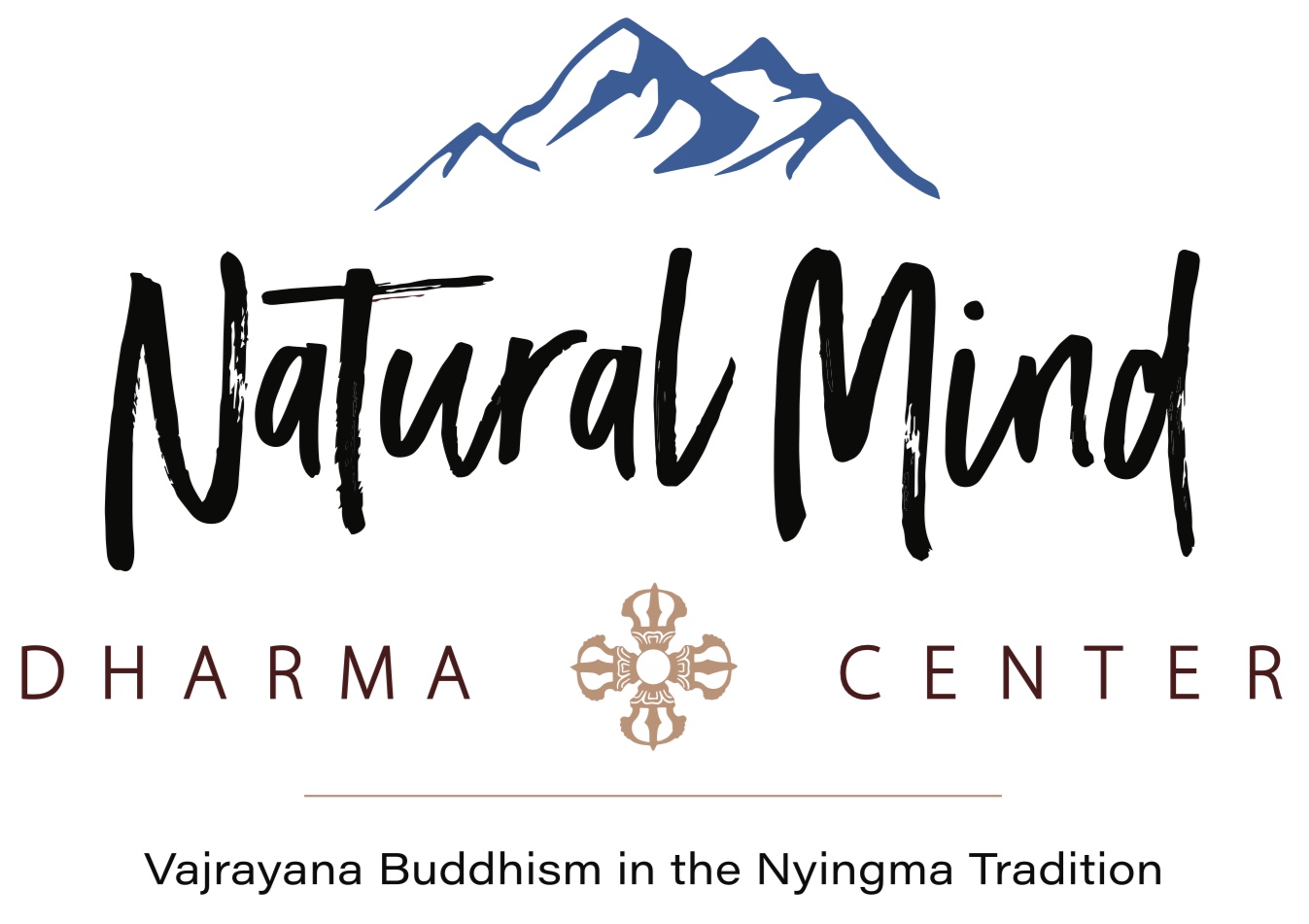The Dharma of End Times
Many world religions have prophecies about an apocalyptic end to our existence, and those who believe a certain way will be miraculously saved. I wrote a paper on the eschatology of Jesus’ message during my undergraduate studies in comparative religions. Eschatology is the study of last things or end times. Jesus made the point of saying many folks would not taste death before the kingdom of God would come with power (Mark 9:1). His message was based on the fact that things were going to radically change, and it would happen soon.
In my paper I suggested that Jesus was referencing, not some cosmological upheaval, but a radical change in people’s ability to experience the immediacy of God’s love. This mirrors something I alluded to in my last journal entry. The law of impermanence requires us to be present to the moment and not put off enlightenment until the last minute. I suppose this is Buddha’s version of eschatology.
It is not a stretch to see we are now experiencing the law of impermanence, an ‘end times’ of sorts. Pandemics, floods, fires, famine, and all things apocalyptic, seem to be happening at the same time. In the Tibetan tradition, this is referred to as the degenerating time cycle when things tend to fall apart. But it is also the most pregnant time in which to give birth to a different perspective and a refreshed way of doing things. This is why we study the Dharma.
A distilled inner meaning of the word Dharma is, “that which aids us in living according to our true nature of wisdom and compassion.” If we study and practice the Dharma, we come into alignment with our natural understanding of the fleeting nature of things. Buddha is reported to have said on his deathbed, “All things decay, so be diligent in working to recognize your true nature.” He basically said things always change, always come and go, so embody natural loving awareness right now.
Patrul Rinpoche boiled Dharma practice down to a very simple way of experiencing the moment, the now of embracing the end (or letting go) of things: “If you fall into the mind frame of desiring to experience whatever appearance arises, then it has become like medicine that does not dissolve and turns to poison. So at that time remain in the state of total conviction itself, not bound up by fixation and attachment. If you always proceed at the natural pace of undistracted non-meditation, it is indeed sufficient.” (from Clear Elucidation of True Nature)
